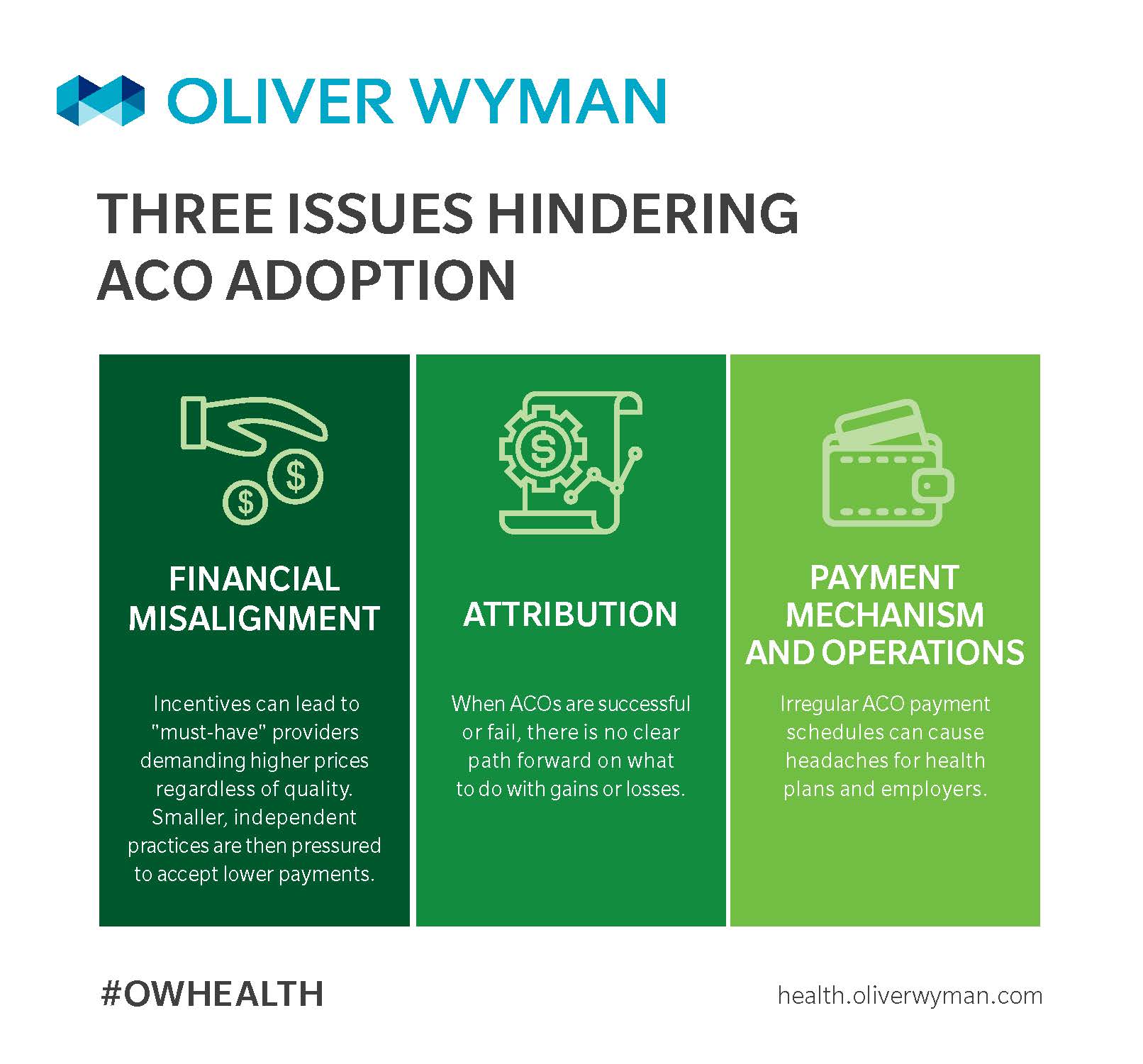Editor's Note: As the healthcare industry enters into a new decade in coming months, we asked Farzad Mostashari, MD of Aledade to share his opinions on how far we've come in recent times, and where we're likely headed next.
Oliver Wyman Health: How have you seen healthcare transform over the past decade, from 2010 to 2020? Is it better or worse?
Farzad Mostashari, MD: When I think about health transformation over the past decade or so, I immediately think about my mom. In 2009, my mom needed a knee replacement. I had trained as an epidemiologist, was a self-proclaimed data junkie, and I assumed there would be a way to find her the best surgeon. But I was wrong. There was no data transparency that would help her choose the surgeon with the lowest complication rates. This was the first of many systemic failures to come: at her surgery, the hospital did not have systems for ensuring that she was off her aspirin before the surgery. She had bleeding complications, infectious complications, and eventually cardiac complications as a result of her simple knee replacement. The hospital was paid more, not less, as a result of these complications. As a family member trying to help her in the hospital, I had no access to her paper chart. On discharge, key follow-ups never happened.
Today, a decade later, these failures are still all too common, but we have taken extraordinary steps towards addressing each. Data transparency from Medicare means anyone can go to ProPublica's Treatment Tracker to find complication rates for surgeons in their area. The hospital she was at has digitized their paper records and granted patients and their families access to visit notes and discharge summaries. Not coincidentally, that hospital has also spent considerable time and effort to reduce patient complications and readmissions in anticipation of new payment models that reward outcomes, not sickness.
The journey is not over, but we have made astounding progress.
I am confident the next ten years in value-based care will be good for doctors, patients, and society.
Oliver Wyman Health: What has transformed healthcare’s last decade the most that you weren’t expecting would make such a big impact?
Farzad Mostashari, MD: Hospital consolidation has been much faster and more consequential than I had expected. Consolidating health systems by and large did not embrace the stated goals of clinical integration, quality improvement, or efficiencies of scale, but instead used their market power and leverage to increase prices while quality stayed the same, or suffered.
Oliver Wyman Health: How has consumerism in healthcare changed the most dramatically over the past ten years?
Farzad Mostashari, MD: The joke used to be that insurance companies are like members of Congress: nobody likes Congress, but everybody likes their Congressperson. The rise of high-deductible health plans and the shift of responsibility and complexity to patients has changed that calculus. Out-of-network charges, surprise billing, pharmacy rebate shenanigans, and unaffordable deductibles have made consumers more willing to embrace potentially radical change to the healthcare financing system.
Oliver Wyman Health: What healthcare trend have you watched progress over the past decade that most excites you for the future?
Farzad Mostashari, MD: Value-based payment models and the increasing recognition that independent practices are not just viable, but deliver superior quality, patient experience, and cost. Five years ago, we predicated upon this belief that was then shared by very few. Today, it is rapidly becoming conventional wisdom.
Oliver Wyman Health What do you expect healthcare to look a decade from now, in 2030?
Farzad Mostashari, MD: In each of the United States' 306 hospital referral regions, a collective choice will have been made: either to embrace monopoly or competition on value. Over the next decade, every provider, every hospital, every specialist, every primary care practice, every home health agency, and every nursing home in every community will have made a choice as to whether or not they throw their lot in with the most likely local monopolist or band together to embrace value. At Aledade, we've made our choice. I am confident the next ten years in value-based care will be good for doctors, patients, and society.
More on the State of Healthcare, According to Farzad
For a deeper dive into Farzad's industry perspective, hear his Oliver Wyman Health Podcast episode, "A Physician's Secret Weapon? The Cha-Cha.", read his earlier predictions on the state of value-based care under the Trump administration, and explore this infographic from Aledade below on what's holding Accountable Care Organization (ACO) adoption back.

 Share This
Graphic
Share This
Graphic
Source: "Self-Insured Employers Are Being Left Behind the Value Train" | https://health.oliverwyman.com/2018/05/self-insured_employe.html
